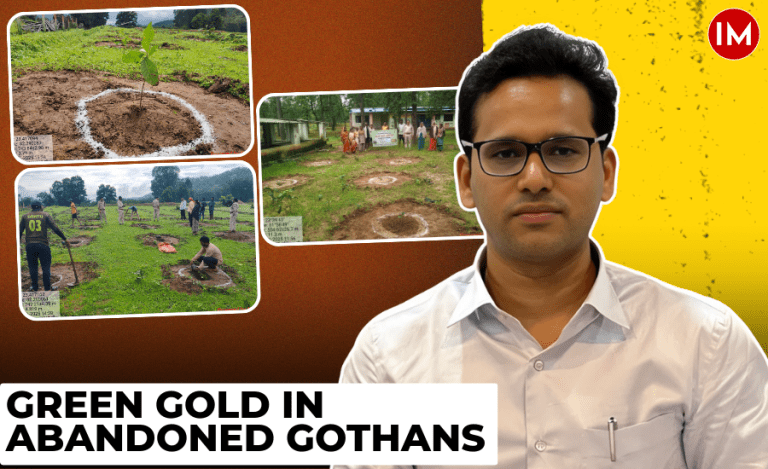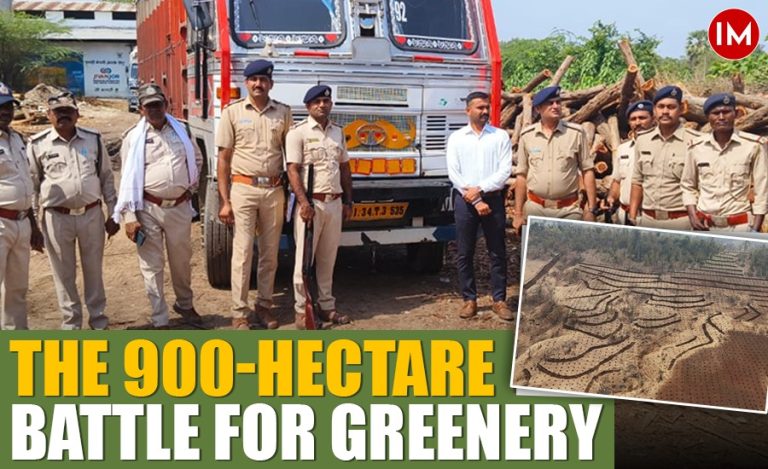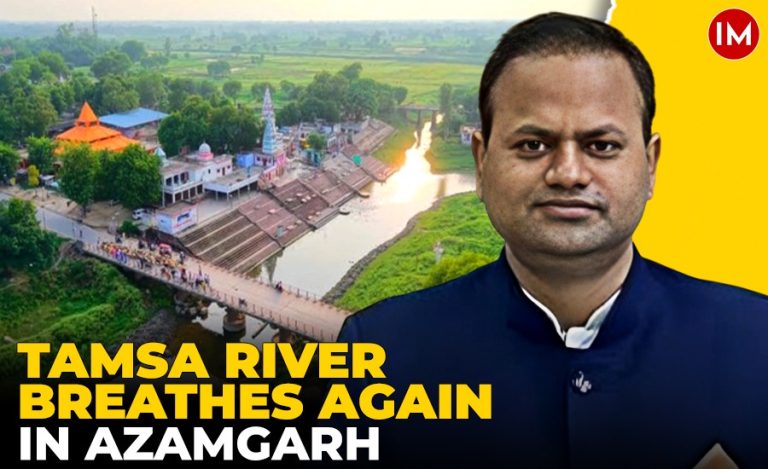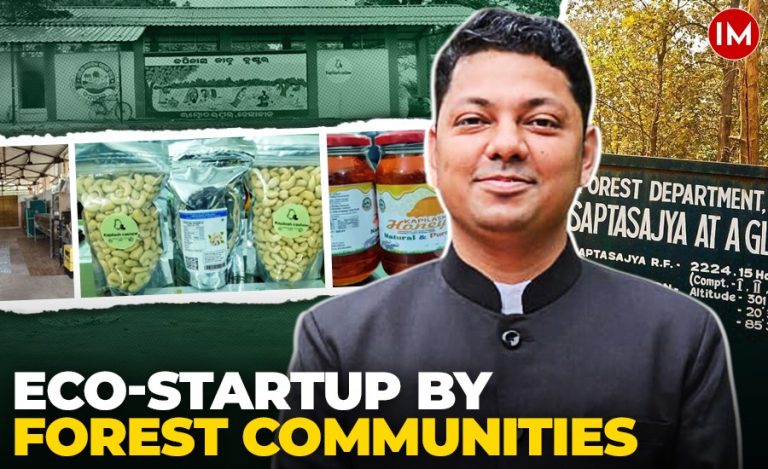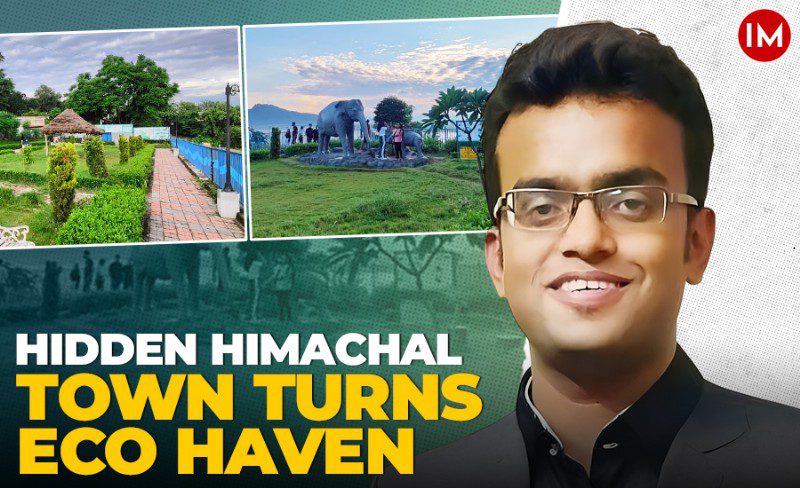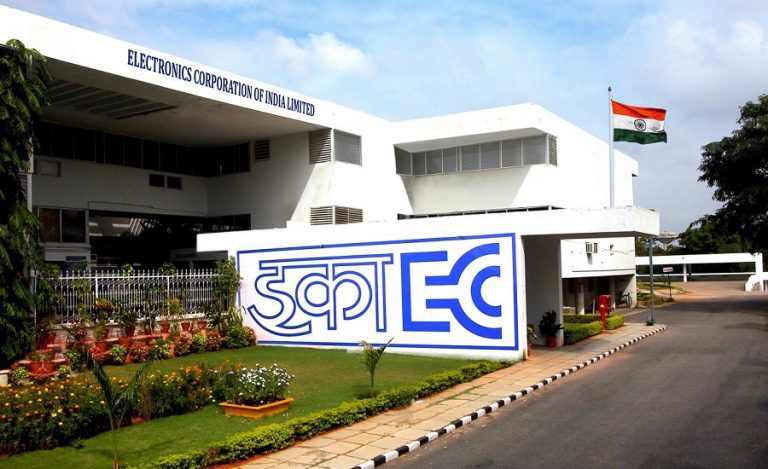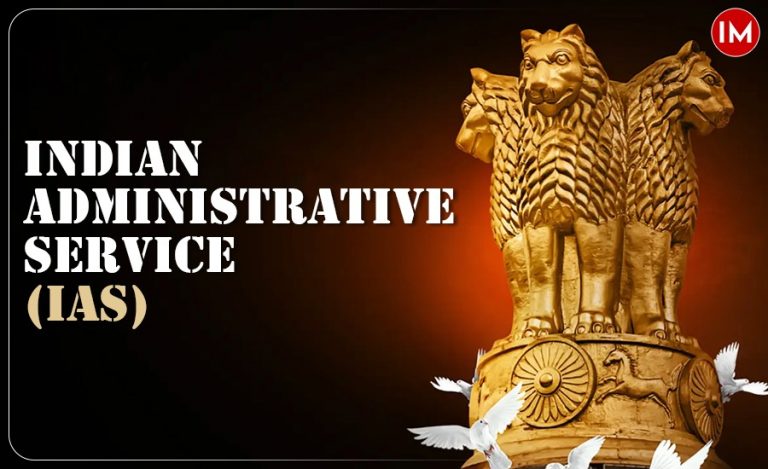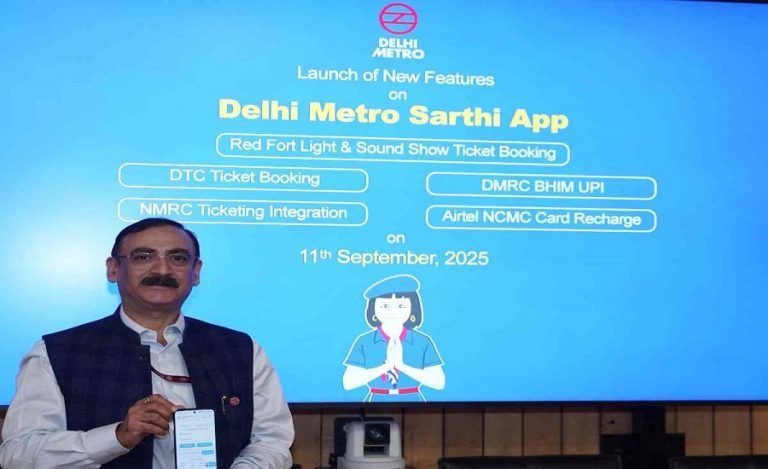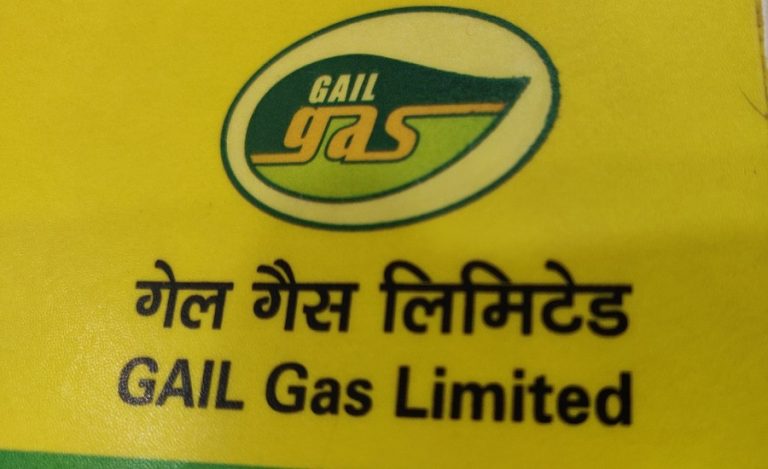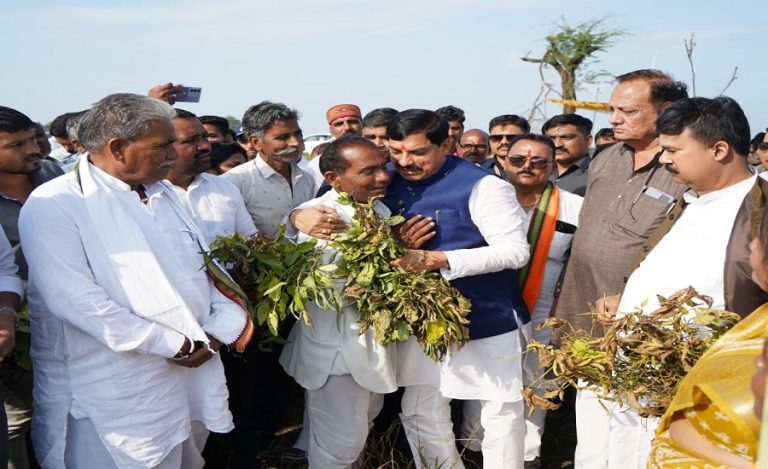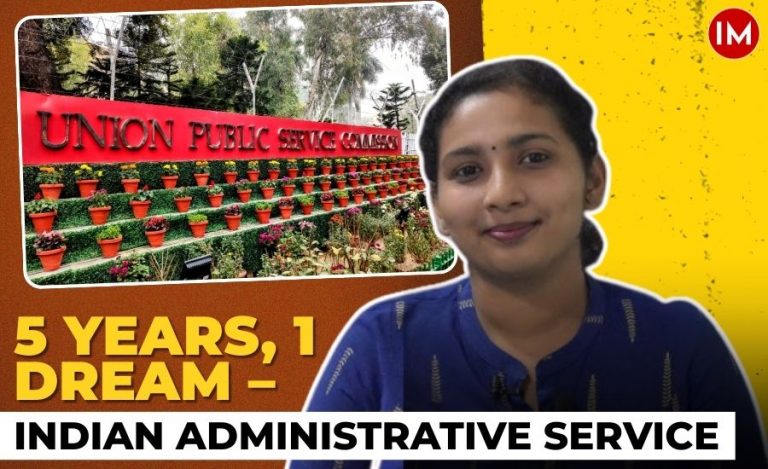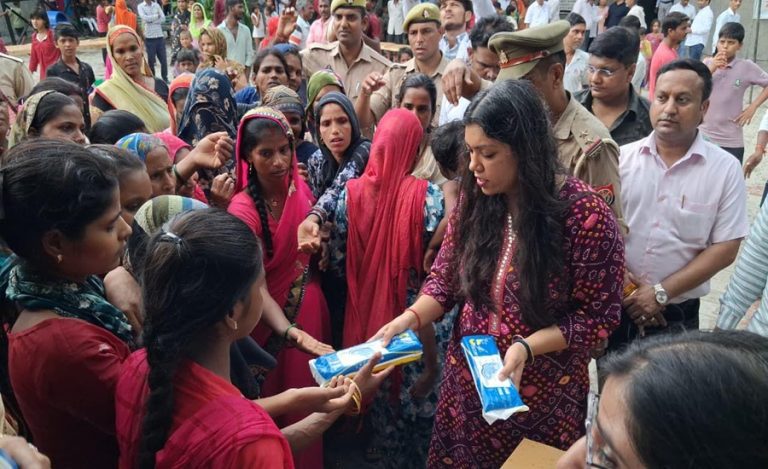Also known as “Cottage Sugar”, Khandsari sugar is a sort of unprocessed crystalline sugar that is obtained from small-scale sugar units known as Khandsari units. Khandsari is a type of unrefined raw white sugar made from thickened Sugarcane syrup. It is neither bleached nor contains harmful chemicals and additives.
The small-scale Khandsari (sugar) business, which later grew into a major industry, has its roots in Uttar Pradesh. In the nation’s sugar economy, the production of Khandsari sugar plays a significant role. About 2.5 million people are employed by the Khandsari sector, which consumes 45–50% of the nation’s entire sugar cane production.
The Uttar Pradesh Sugarcane Development Department, under the leadership of IAS officer Sanjay Bhoosreddy,has been coming forward actively to promote the Khandsari industry in the state. In an exclusive conversation with Indian Masterminds, the officer shared details about the same.
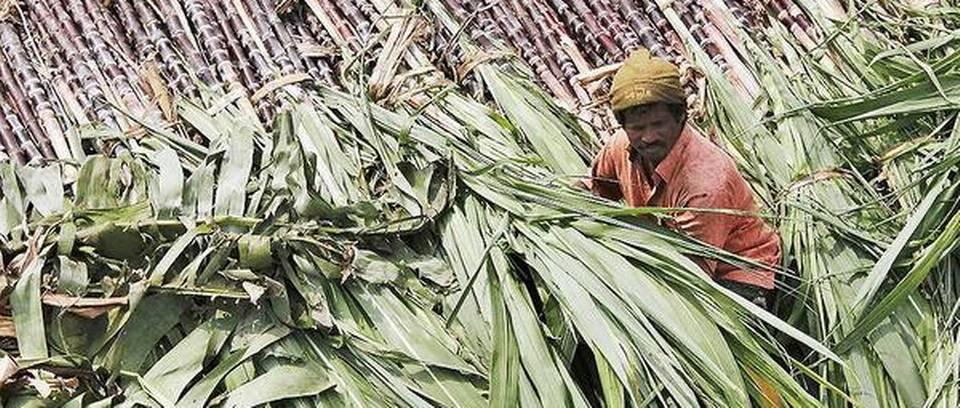
THE KHANDSARI INDUSTRY
The Indian Sugar Industry (ISI) is the world’s second-largest producer of sugar, with an annual production capacity of about 30 million metric tonnes (MMT). Additionally, it is the nation’s second-largest agro-based industry after cotton. The socioeconomic advancement of the rural population is greatly aided by the sugar business.
The state of Uttar Pradesh is expected to be the largest producer of sugar in India with its highest production estimate in decades, followed by the state of Maharashtra. Sugarcane is also utilised to produce traditional sweeteners like Khandsari sugar and jaggery, which are mostly consumed in rural regions. Cane is used to produce sugar to a degree of approximately 60%, gur (jaggery) and khandsari, alternative sweeteners to a degree of about 30%, and seeds to a degree of about 10%.
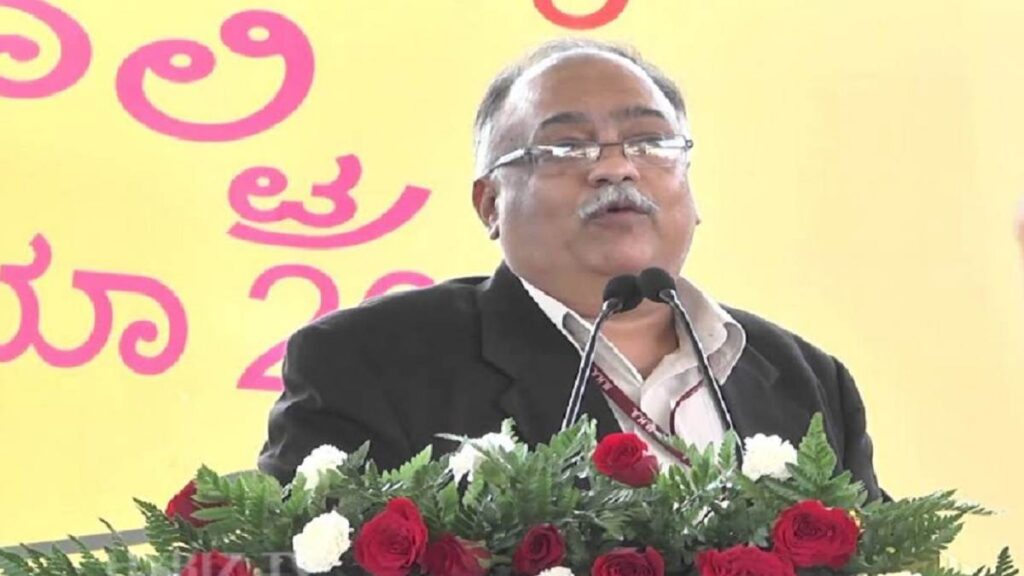
A MAJOR GROWTH IN THE INDUSTRY
The sugar industry in India has witnessed growth in recent years on account of arising number of sugar factories in the country as well as the increasing sugarcane yield in the country. The surge in growth of the industry majorly originated from the rising sugar demand by the consumers as well as the institutional sector and also forms the increasing expenditure on food and beverages.
The industry is essential to the economic growth of rural areas since it creates significant amounts of direct employment as well as indirect jobs for rural people. More than 4 crore industrial workers and others who work for sugar producers depend on the industry for their livelihood.
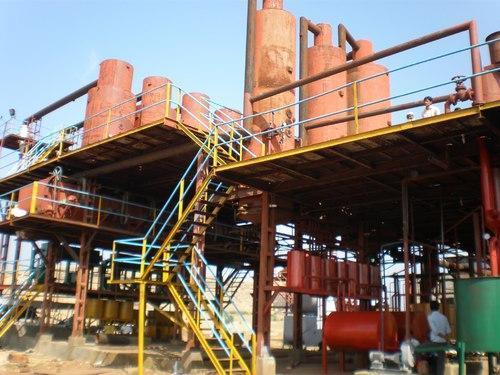
FIVE-YEAR KHANDSARI LICENSING POLICY
In view of the high sugarcane productivity in the state, to ensure the crushing of sugarcane, to promote small and cottage industries and to generate employment, the five-year Khandsari Licensing Policy has been implemented by the Sugarcane Development Department.
According to this, a new licence will be given to Khandsari units that are more than 7.5 kilometres away from the closest sugar mill. As a result, the development of new khandsari units will be promoted, and in addition to the generation of new jobs locally, it will also guarantee the crushing of additional cane of the farmers.
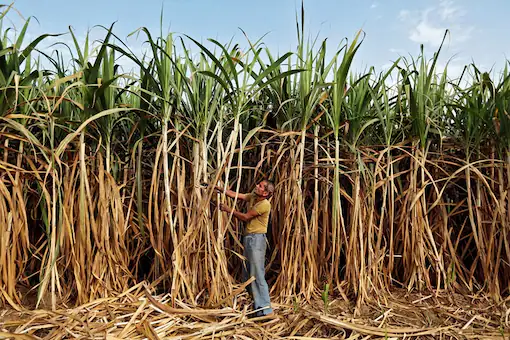
The Cane and Sugar Commissioner and the Additional Chief Secretary Sugar Industry & Cane Development Department, Mr. Bhoosreddy gave detailed information in this regard, stating that the entrepreneurs will have to complete all the formalities and will have to upload all their records including Pollution Control Board’s no-objection certificate and registration certificate received by the Excise Department on the online Licensing portal www.upkhandsari.in.
“A decision will be taken on its basis by the competent authorities within 100 hours of submission. The units having roller sizes more than 33×46 cm will be issued a license by the competent authorities keeping in view of the availability of sugarcane and the number of Khandsari units operating in the last three years,” shared the senior IAS officer.
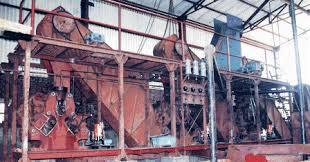
JAGGERY-PRODUCING UNITS WILL BE EXEMPTED
As he further elaborated on the topic, Mr. Bhoosreddy made it clear that the units that are producing jaggery through power crushers will be exempted from the license. In order to prevent the smuggling of molasses (a sugar substitute mostly used for baking and in the manufacture of rum) in the state and to effectively control it, the supply of Khandsari molasses will be done on the basis of a registration certificate issued by the Excise Commissioner, Uttar Pradesh and its information will also be uploaded on the www.upexciseportal.in.
In addition to this, Khandsari units will be allowed to evaporate the juice upto a maximum of 65 degrees Brix, under the vacuum pan and permission for this will be given by the Deputy Sugar Commissioner within 3 working days of submission of the application.
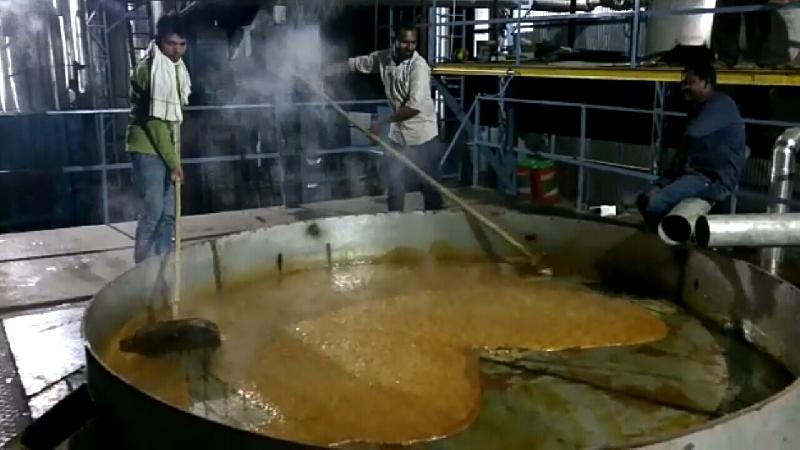
“If the units producing jaggery wants to get a license for the production of khandsari, then they will have to submit a separate application for this. A license will not be required for the establishment of a power crusher/minicrusher producing jaggery, but such units have to be established only outside the radial or crow fly distance of 7.5 km from the nearest sugar mill gate,” stated the officer.
It is also important to note that the five-year Khandsari Licensing Policy will result in the establishment of the greatest number of Khandsari and Jaggery units in rural areas. In addition to increasing the amount of sugarcane crushed, this will result in new employment opportunities and a stronger rural economy



